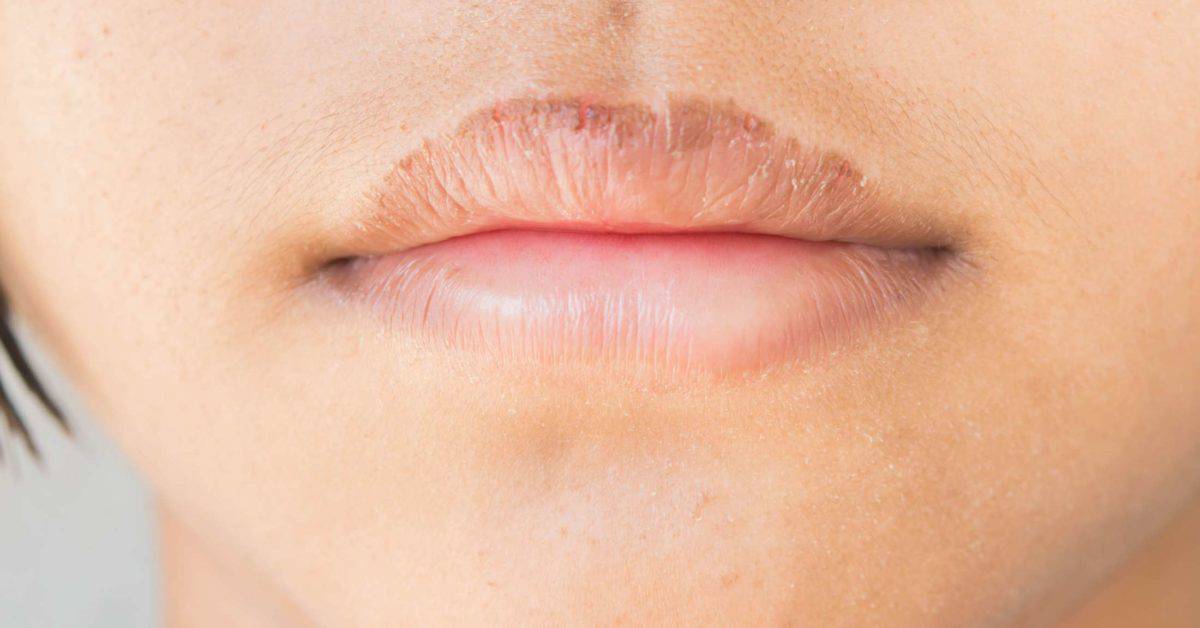Beat the Chap: A Parent’s Guide to Tackling Dry Lips and Dehydration in Kids
Hey there, awesome parents! Are you noticing your little one’s lips looking more like a parched desert than their usual rosy self? Don’t fret! Dry lips in children can be as common as their spontaneous dance moves, and we’re here to walk you through the ins and outs of dry lips and dehydration. Grab your favorite lip balm, and let’s dive into a hydrating journey of smiles and giggles!
What Causes Dry Lips in Children?
Before we start the hydration party, let’s understand what could be causing your kiddo’s lips to go on a dry spell. Children’s lips are sensitive, and a few culprits might be:
- Weather Woes: Extreme temperatures, be it the winter chill or summer’s scorching heat, can sap the moisture right out of those tender lips.
- Lip Licking: It might seem counterintuitive, but when kids lick their lips, evaporation actually leaves them drier than before.
- Dehydration Station: Not drinking enough fluids can lead to dehydration, which often manifests as dry lips.
- Indoor Heat: Heating systems in homes and schools can decrease humidity and lead to dryness.
Hydrate Those Smackers: Prevention Tips
Prevention is always better than cure, right? Keeping your child’s lips moisturized is a daily duty, so here are some fail-proof ways to prevent dryness:
- Befriend the Balm: Find a fun, kid-friendly lip balm with natural ingredients. Let your child pick their favorite flavor to encourage regular use!
- Hydration Nation: Teach the importance of drinking water throughout the day. Make it a game or give rewards for finishing a water bottle.
- Humidify Your Habitat: Consider using a humidifier in your child’s room, especially during dry seasons or in heated spaces.
- Shield from the Sun: Use lip balm with SPF to protect your child’s lips from harmful UV rays during outdoor fun.
Decoding Dehydration in Your Kiddo
Those chops aren’t just chapped for no reason. Dry lips can be a red flag for dehydration. Here’s how to tell if your child needs to up their fluid intake:
- Dry Mouth or Thirst: If your child’s always licking their lips or seems always to be thirsty, it’s a clue they’re not drinking enough.
- Reduced Tear Production: Notice fewer tears when crying? That might be a sign of dehydration.
- Less Frequent Bathroom Breaks: If the number of wet diapers or trips to the potty has gone down, it’s time to increase fluid intake.
- Dark Urine: A dark yellow color might indicate your little one needs more water.
- Lethargy: A dehydrated child may appear less active or sluggish.
In the next section of our guide, we’ll dive into some lush and soothing remedies and treatments for your child’s dry lips, as well as discussing when it’s time to visit a healthcare professional. Stay tuned for more ways to keep your little one’s smile bright and hydrated!

Remedies and Treatments for Dry Lips in Children
Now, let’s talk about zapping that chap away with some super remedies and treatments. When those little lips need extra TLC, here’s what to do:
- Gentle Lip Scrubs: Sometimes, a gentle exfoliation can help remove dry skin. Mix up a DIY lip scrub with honey and sugar for a natural option, but only if your child is old enough and won’t lick it off!
- Cucumber Comfort: Did you know cucumber slices aren’t just for grown-up spa days? They’re packed with moisture and can be a cool treat for dry lips too. Just make sure to supervise your little one while they’re cucumber chillin’.
- Coconut Oil Kiss: Coconut oil is a natural moisturizer and can work wonders on dry lips. Apply a tiny dab on your child’s lips before bedtime for an overnight hydration boost.
- Aloe Vera Soothing: Aloe is known for its soothing properties. Use pure aloe vera gel to help heal and hydrate chapped lips. Remember, a little goes a long way!
- Stay Away From Scented Products: Fancy and fragrant lip products might appeal to you but stick to unscented for the kiddos to avoid any potential irritation.
When to Consult a Healthcare Professional
Sometimes, despite our best efforts, dry lips can indicate something more. Here are a few signs that it’s time to book an appointment with the doc:
- Persistent Chapping: If your child’s lips don’t improve after a week of home treatment, it’s a good idea to seek medical advice.
- Signs of Infection: Watch for increased redness, swelling, or pus, as these may point to an infection.
- Accompanying Symptoms: If chapped lips come with a fever, rash, or other unusual signs, a professional evaluation is needed.
- Difficulty Eating or Drinking: If dry lips are keeping your child from their snacks and sips, a healthcare provider can offer help.
5 Things Parents Should Know in Preparing for Dry Lips & Dehydration
To keep those smackers smooth and bodies hydrated, here’s a handy checklist for proactive parents:
- Stock Up On Essentials: Keep lip balm, gentle lip scrubs, and a humidifier at home to combat dry environments and chapping.
- Water Bottle Buddy: Invest in a fun, reusable water bottle for your child and make sure they have access to fresh water throughout the day.
- Monitor Climate Control: Be aware of indoor heating and air conditioning which can contribute to dryness. Keep your home’s humidity at a comfortable level.
- Know Your Child’s Habits: If they’re habitual lip-lickers or thumb-suckers, address these habits gently as they could lead to dryness and irritation.
- Educate on Hydration: Make understanding the importance of water fun! Educate your children about how water keeps their bodies (and lips) happy and healthy.
Ensuring your child understands the importance of keeping hydrated and how it relates to the health of their lips can go a long way. Combine these practical tips with regular check-ins, and you’re all set for nurturing those precious smiles.
Remember, dry lips in kids are typically easy to manage with a bit of lip balm and extra fluids. Keep up the great work, proactive parents! Your diligence makes all the difference in those little lives, ensuring every day is filled with bright, happy grins. Happy hydrating!
See more great Things to Do with Kids in New Zealand here. For more information see here
Disclaimer
The articles available via our website provide general information only and we strongly urge readers to exercise caution and conduct their own thorough research and fact-checking. The information presented should not be taken as absolute truth, and, to the maximum extent permitted by law, we will not be held liable for any inaccuracies or errors in the content. It is essential for individuals to independently verify and validate the information before making any decisions or taking any actions based on the articles.




